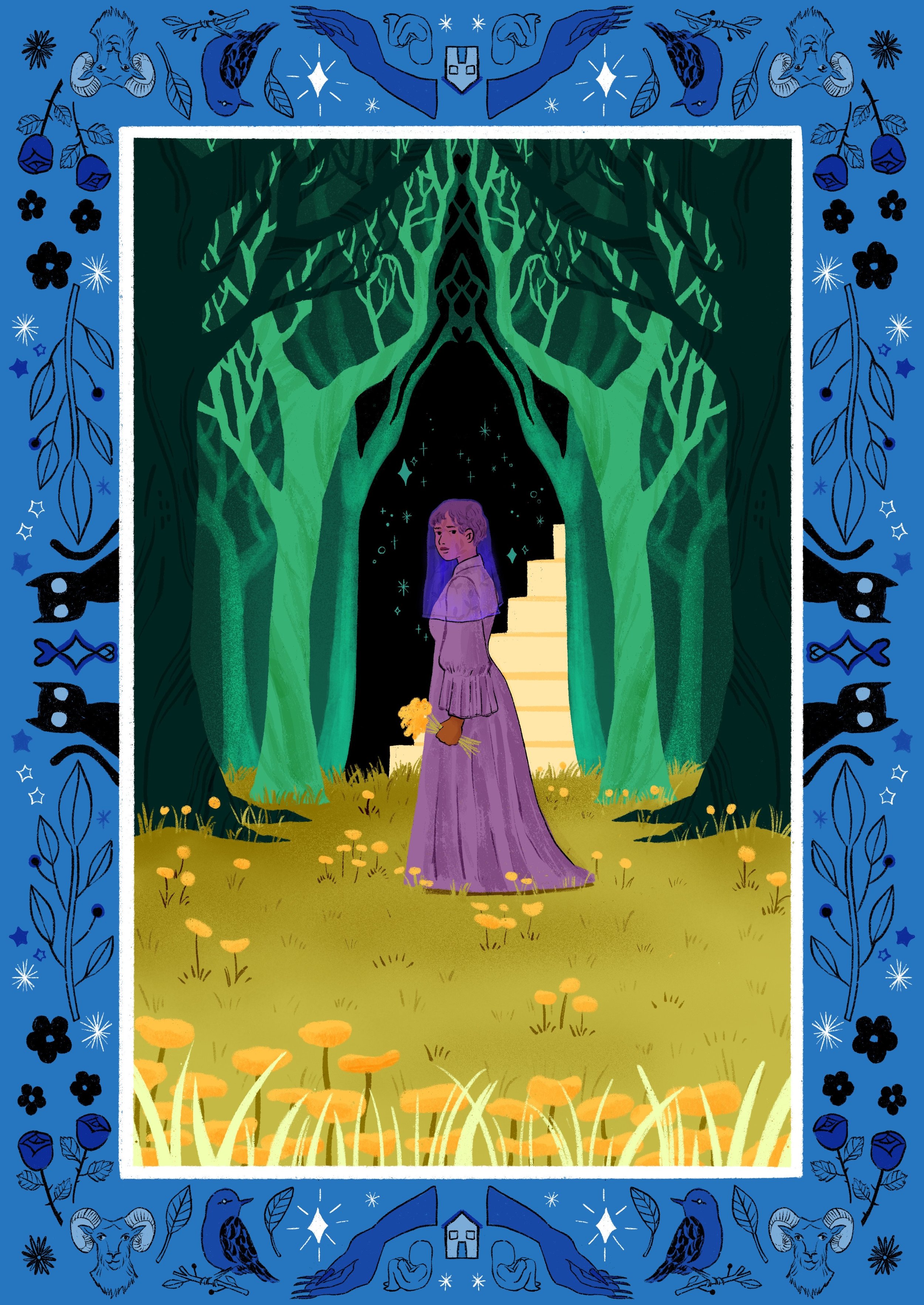
David Hart (07.02.1940 – 04.01.2022)
My friend and writing mentor, the poet David Hart, died in January this year, a month short of his eighty-second birthday.
David was born in Aberystwyth. As a young man, he moved away to live in London (where he was ordained as a priest), and then to Birmingham. But he longed for Wales. His poems were threaded with references to Aber—the pier, the candy-floss, the sea—and to the landscape of Wales, and although he lived for decades in Birmingham and was a familiar figure on the high street and in the charity shops of Kings Heath, although he was an acclaimed Birmingham poet, he never felt he quite belonged here.
He was a public man: he had been Birmingham Poet Laureate (1997-8) and West Midlands Arts Literature Officer, supporting and encouraging the most exciting new work; he ran (with relish) writing groups and courses, not least at Warwick University. He held residencies, including at the new Birmingham Library, and in hospitals; he won national poetry competitions and published many collections, including the fullest one, Running Out (Five Seasons, 2006), the lovingly and angrily eccentric The Titanic Café Closes Its Doors and Hits the Rocks: Or: Knife, Fork and Bulldozer Ultra Modern Retail Outlet Complex Development Scenario with Flowers (Nine Arches, 2009), the wild Welsh Library Inspector (Nine Arches, 2015), and, from a residency on Bardsey Island, the musical, yearning Crag Inspector (Five Seasons, 2002).
But I knew him as a private man, in the strangely intimate life of a writing partnership. Ours lasted more than twenty-five years, past when he was diagnosed with Alzheimer’s, right up to the months when the disease became so disruptive of his mind and life that he had to move into a home. We each wrote as a practice, every day. Sometimes we went on visits together—to churches, or rivers, or to galleries to stand in front of paintings—always with our notebooks; and twice we went further afield, once to the north-east, and once to Wales. Our pattern was to meet every two or three weeks, for tea (and scones before David decided he needed to lose weight), to talk, about our lives, about life, about writing, and to read (sometimes aloud and sometimes silently) each other’s poems. For David, making a poem was a process of discovery. As I wrote last year,
It's staying with the oddness,
with something to discover (men’s voices, the bump of horn, an engine)
and opening to catch.
Stand somehow in the way of it.
‘It’s curious,’ he used to say, of a poem of his or of mine. ‘Where did that come from?’ We wanted to allow the unconscious into our work, to ‘bypass the conscious mind’—it was not so different from free association, in the way that random observations or memories could cut in and be included as if (as in a dream) there might be an unconscious logic or meaning and we were allowing that to be revealed. Too much thinking might spoil the poem, though it wasn’t the case that anything went: David was ruthless if he thought you were writing cliché or slipping into ‘poetic’ language. His suggestions to me were often about cutting. Not explaining. Altering the word order to something more interesting and unusual.
His poems came from places that might not otherwise have been considered the stuff of poetry—like the one that we heard him read on a recording at his funeral:
Please bring some socks
(Warwick University, 16.01.2002)
Please bring some socks
and if they can be smuggled in
as well the pens
and the Hebrew Bible and the dictionary
and paper. If God in his wisdom takes me
for honour’s sake
that is his will but to die here
of cold in my very bones
fills me with dread. I am
like piss in a gutter
draining away
unless your graciousness
and courage save me. Smuggle in
for me the socks, my friend, Sir,
and if you have a thicker shirt
than I have here and a blanket.
If the word ‘I’ appears in David’s poems, it will refer to some character authoritatively placed on the page, and pretty much never directly to himself. ‘I’m not writing my life,’ he used to say. And yet wherever the poems started in his raw imagination and whatever they seemed to be ‘about’, he would be there in them, lightly, tangentially, and often poignantly.
None of which is to say that he knew what the point of writing was, or why we did it. He didn’t make claims for it. We didn’t know why, but we wrote; and then in his little upstairs room, dusty, full of books, the west-facing window overlooked by the great sycamores at the end of his garden, we explored what it was that we had done. I didn’t show this 2013 poem to David—perhaps it was too revealing of frailty, or perhaps I was embarrassed by addressing him; but it speaks of our times together.
Once I had a book
For DH
Once I had a book: Four Minor Prophets. Today
you showed me, in your upstairs room,
dim-lit and cooling now as twilight fell, a book called Judgement,
written by the Jew who taught you, years ago, Old Testament.
His lectures, so you said, were the closest you came then
to poetry, and in that moment I was hit by you:
your long life; your sitting in the circle at the church
at nine on Wednesday mornings, while the curate said a prayer;
how you belonged and not belonged, and how
(God’s Secretaries), the liturgy was in your bones.
You were in pain – your prostate – had to stand,
were thinner. You said you were (but not despairing)
beyond, I think, or past, your life. Much was now behind you,
and what you do is – not remembering –
we tried to find the word – digesting it. And so your poems,
with tides and piers and candy-floss (though not today),
a shipwreck and a breeze, a park, a boat,
come somehow from the mush of that.
Bright-eyed and somehow (we often use that word)
peaceful, you are full of life.
When I visited David in the last months of his life, if we talked about poetry our conversations were not very different from the ones we had always had. He would be even more surprised, but mildly and with a kind of detachment, that he had written the poems I sometimes read to him from his own books. He talked in the park to ducks and to dogs and their humans, just as he always had done. He said he wasn’t sure what the place was where he seemed to be living but being there was ‘pleasurable’; and I remembered how once, long before, when we had been talking about dying, and I was afraid of it, he had said, ‘Yes. But there will be people’.
Comments flowed in after he had died to the effect that he was a great poet, far too little known. He was ‘brilliant and daring… playful and visionary’ (David Morley), ‘mischievous and disciplined’ (Gillian Allnutt), an ‘extraordinarily gifted and original poet’ (Sybil Ruth). ‘David was part of the fabric of the world and of the world of poetry’, Gillian Allnutt said on the funeral website.
It hurts my heart to know that he is gone.
Myra Connell
March 2022



